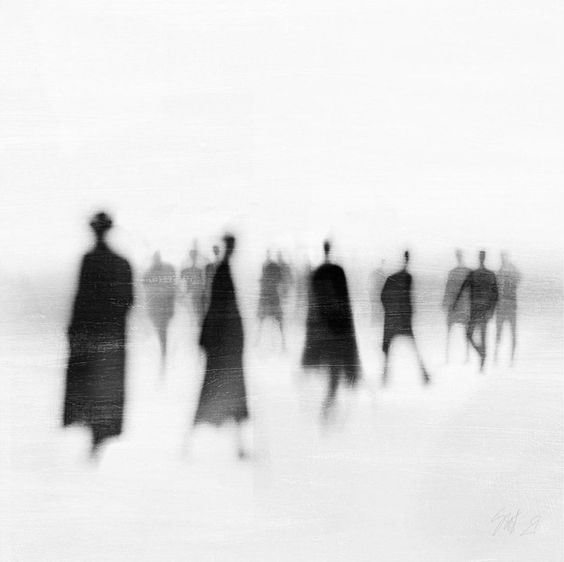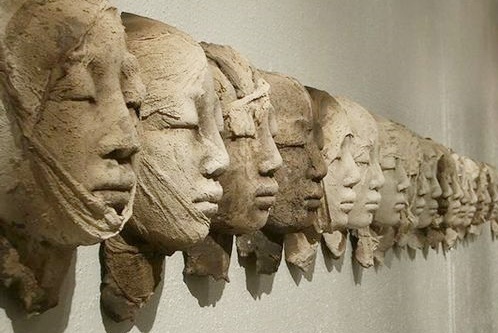Objectivity is based on realism, it is an unbiased, balanced observation based on verifiable fact. Subjectivity is based on opinion, it is assumption, interpreted without verifiable facts. Objectivity is the perception of external matters; subjectivity is the perception of internal matters. Subjectivity and objectivity co-exist in us and both are necessary pathways to inner and outer awareness. We require a doctor’s unbiased diagnosis, however, their prescriptive treatment may be both objective (based on factual research) and subjective (based on personal/professional experience).
When we are in the throes of a difficult life transition, we want someone to listen to us. If we are not heard on a personal level, our whirlwind of thought and emotion creates a loop of frenetic and agitated behaviour, which in turn leads to anxiety and other mental health issues. We need to look at mental health in a new and productive way, we mustn’t wait until there is a build-up of emotional pain or psychological incapacity before we approach self-help and therapy. We need to recognise the difference between subjectivity and reality, the difference between opinion and fact. Long held beliefs based on childhood conditioning can easily be mistaken for the truth, just as self-talk is confused with true self. We must sift through the subconscious to find the knots that tie us to outdated modes of thinking; conditioned beliefs that no longer serve our best interest.
We need to look at the facts before forming an opinion as opposed to forming an opinion then looking for facts to support it, while ignoring any facts that contradict our set opinion. Often in life we will clash with someone who has a differing opinion to our own. We are quick to point out the holes in someone else’s opinion but not so eager to examine our own. We tend to align ourselves with people who share our beliefs and think like we do but it doesn’t necessarily follow that we will have the same opinions. Trying to convince someone that they are wrong is futile, instead provide them with the facts and let them come to their own conclusion. The same approach applies to ourselves. If we are entrenched in a particular belief, we must look at the source of that belief and how it underpins our identity. Subjectivity is often based on conditioned beliefs and it requires a shift in attitude and behaviour to allow objectivity to surface. When we cling to a subjective belief, it becomes necessary to our identity, even if that opinion causes us anxiety. We cling to the crumbling ruin of our subconscious beliefs rather than build solid foundations based on realism and objectivity. If we believe the moon is made of cheese, we will avoid any evidence to the contrary because doing so will destabilise our identity. Even if our reasoning is corrupt, we forge ahead with arguments based on hyperbole rather than fact so that we can substantiate our fragile ego. Rather that debate opinion, the mature approach is to sift fact from fiction. If the debate is based on reason and logic, then it is easy to examine the facts. If an argument is based on differing opinions the mature approach is to agree to differ. It is futile to debate whether the moon is made of Wensleydale or Cheddar. We require objectivity for reasoning and critical thinking, subjectivity helps with context and experience.
From my upcoming book – A Compass or Change. For one to one counselling appointments on Zoom contact me here:
Collette O’Mahony 14/04/2024
(info@colletteomahony.com)





